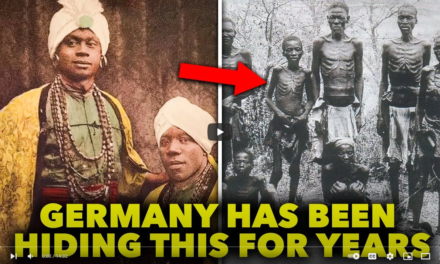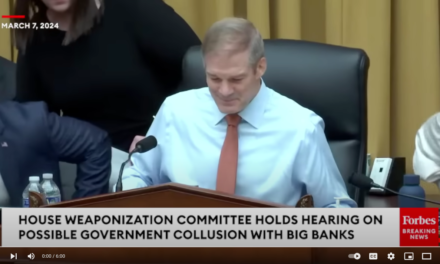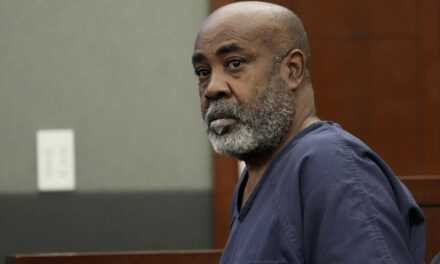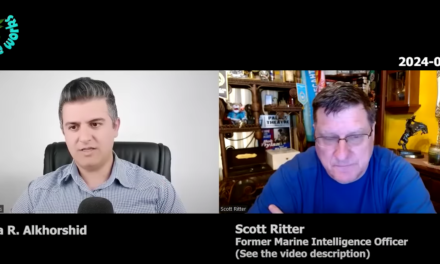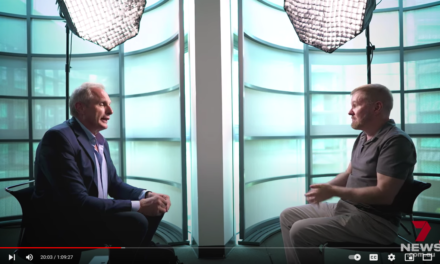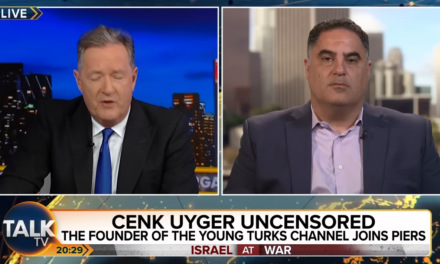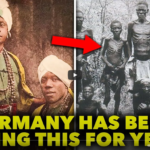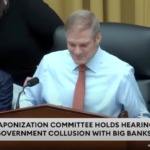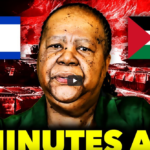The Israeli-Palestinian conflict, a longstanding and deeply entrenched struggle, serves as a poignant example of the complexities surrounding historical grievances and the enduring quest for peace and equality. Through the lens of various speakers, including Belinda Str and others, we explore these intricate dynamics, seeking to shed light on the often overlooked perspectives that challenge mainstream narratives.
A Glimpse into the Palestinian Reality
Belinda Strnad’s engagement with the Israeli-Palestinian conflict began with a compelling video of a Jewish man sharing his firsthand experiences and observations of the living conditions faced by Palestinians. Moved by the stark reality presented, Strnad highlights the harsh, prison-like conditions endured by Palestinians, underscoring a history of violence and oppression not unlike that inflicted upon other marginalized communities worldwide. She draws unsettling parallels between the plight of Palestinians and the historical suffering of darker-skinned peoples at the hands of white settlers, including Africans and Aboriginal communities. Str’s reflections serve as a poignant reminder of the cycles of oppression that continue to affect various populations globally.
Acknowledging Historical Wrongs
The discourse extends beyond Strnad’s insights, with another Jewish speaker reflecting on the violent legacies of his community and recognizing the parallels between the oppression of Palestinians and the historical violence against black communities in America. This acknowledgment of past wrongs and the call for cultural change and reparations for black Americans exemplify a broader recognition of the interconnectedness of struggles against oppression. The speaker’s gratitude towards the resilience and peacefulness of black communities, despite centuries of violence, underscores the potential for mutual understanding and healing.
The Present Reality of Discrimination
The dialogue further expands to include personal testimonies of discrimination against Palestinians, emphasizing that the injustices faced are not relics of the past but ongoing realities. This perspective challenges the dismissal of historical and current injustices and highlights the daily impact of privilege and discrimination on lives and opportunities. The shared experiences of harassment and unequal treatment serve as a stark reminder of the systemic inequalities that persist, demanding acknowledgment and action.
A Platform for Education and Change
Through these narratives, the speakers not only share personal experiences and historical insights but also create a space for education and dialogue. The encouragement for viewers to engage in conversation, combined with a clear stance against harassment and solely for educational purposes, exemplifies the potential of informed discourse to foster understanding and advocate for change. The call to subscribe and like the channel further emphasizes the importance of amplifying voices that challenge dominant narratives and promote a deeper comprehension of complex issues.
Conclusion
The exploration of the Israeli-Palestinian conflict through the perspectives of Belinda Strnad and others offers a vital reflection on the need for empathy, understanding, and active engagement in addressing historical and ongoing injustices. By drawing parallels between diverse experiences of oppression and highlighting the resilience of marginalized communities, these narratives underscore the importance of collective efforts to repair past harms and build a more equitable and peaceful world. It is through recognizing the depth of conflict and embracing the complexity of human experiences that we can hope to pave the way for meaningful change.


